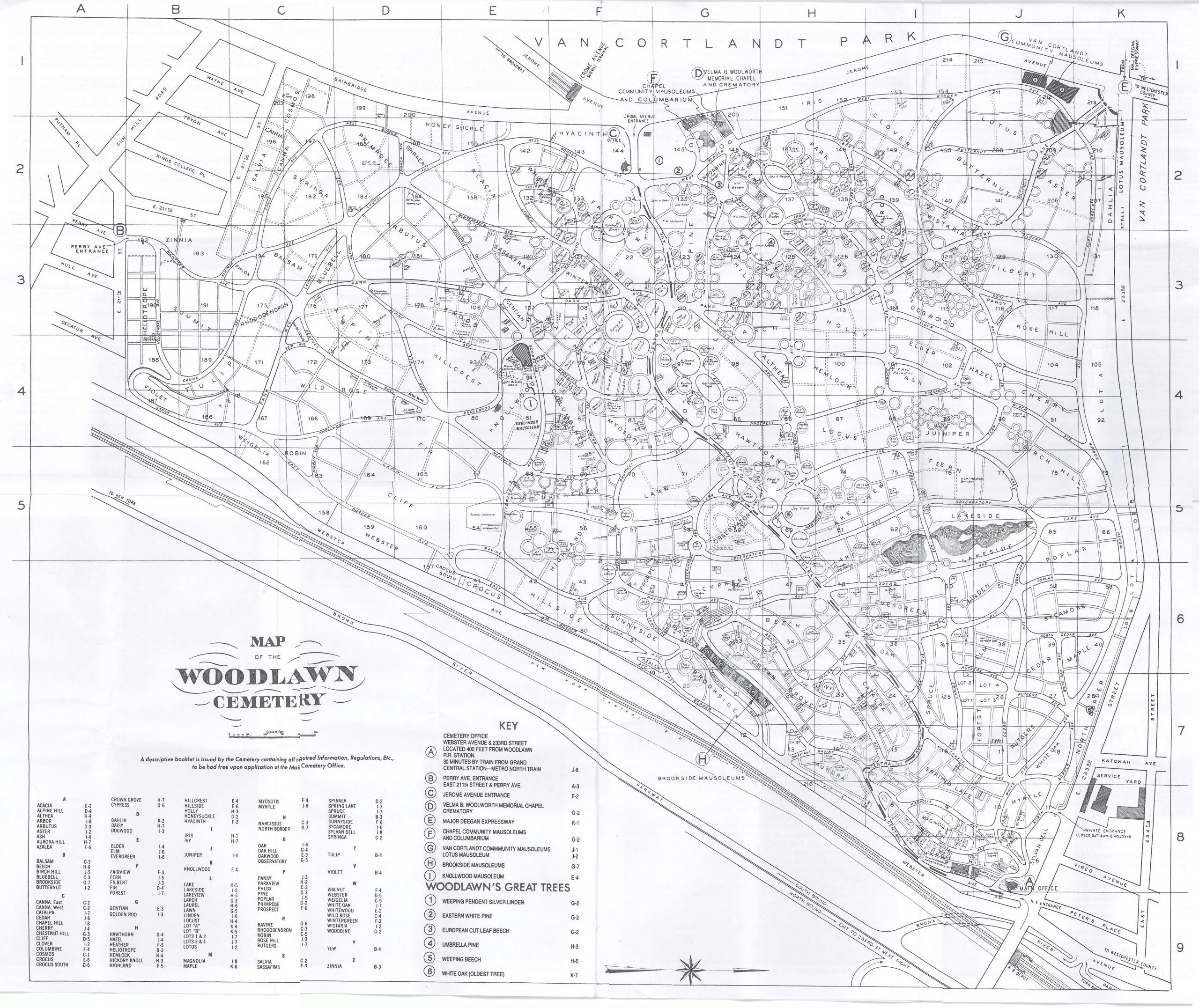Gertrude Ederle
AKA:
Queen of the Waves, Trudy, America's Best Girl
Birth Name:
Gertrude Caroline Ederle
Birth Date:
October 23, 1905
Birth Place:
Manhattan, New York
Death Date:
November 30, 2003
Place of Death:
Wyckoff, New Jersey
Age:
98
Cause of Death:
Natural Causes
Cemetery Name:
Woodlawn Cemetery
Claim to Fame:
Sports
Gertrude Caroline Ederle was an American competition swimmer, Olympic champion, and former world record-holder in five events. On August 6, 1926, she became the first woman to swim across the English Channel. Among other nicknames, the press sometimes called her "Queen of the Waves".
Cemetery Information:
Final Resting Place:
Woodlawn Cemetery
4199 Webster Avenue
Bronx, New York, 10470
USA
North America
Map:

Grave Location:
Locust, Section 88Grave Location Description
As you drive through the main entrance off Jerome Avenue, continue straight on Central Avenue until you come to Lawn Avenue. Turn left on Lawn Avenue (with the massive lawn area and Jay Gould mausoleum on your right. Drive 300 feet and stop and look to your left, four rows from the road, for the bench-shaped monument for the final resting place of Gertrude Ederle.
Grave Location GPS
40.891974, -73.872243Photos:
[+]
[+]
[+]
[+]
FAQ's
Gertrude Ederle was born on October 23, 1905.
Gertrude Ederle was born in Manhattan, New York.
Gertrude Ederle died on November 30, 2003.
Gertrude Ederle died in Wyckoff, New Jersey.
Gertrude Ederle was 98.
The cause of death was Natural Causes.
Gertrude Ederle's grave is in Woodlawn Cemetery
Read More About Gertrude Ederle:
Videos Featuring Gertrude Ederle:
See More:
Back to Top





